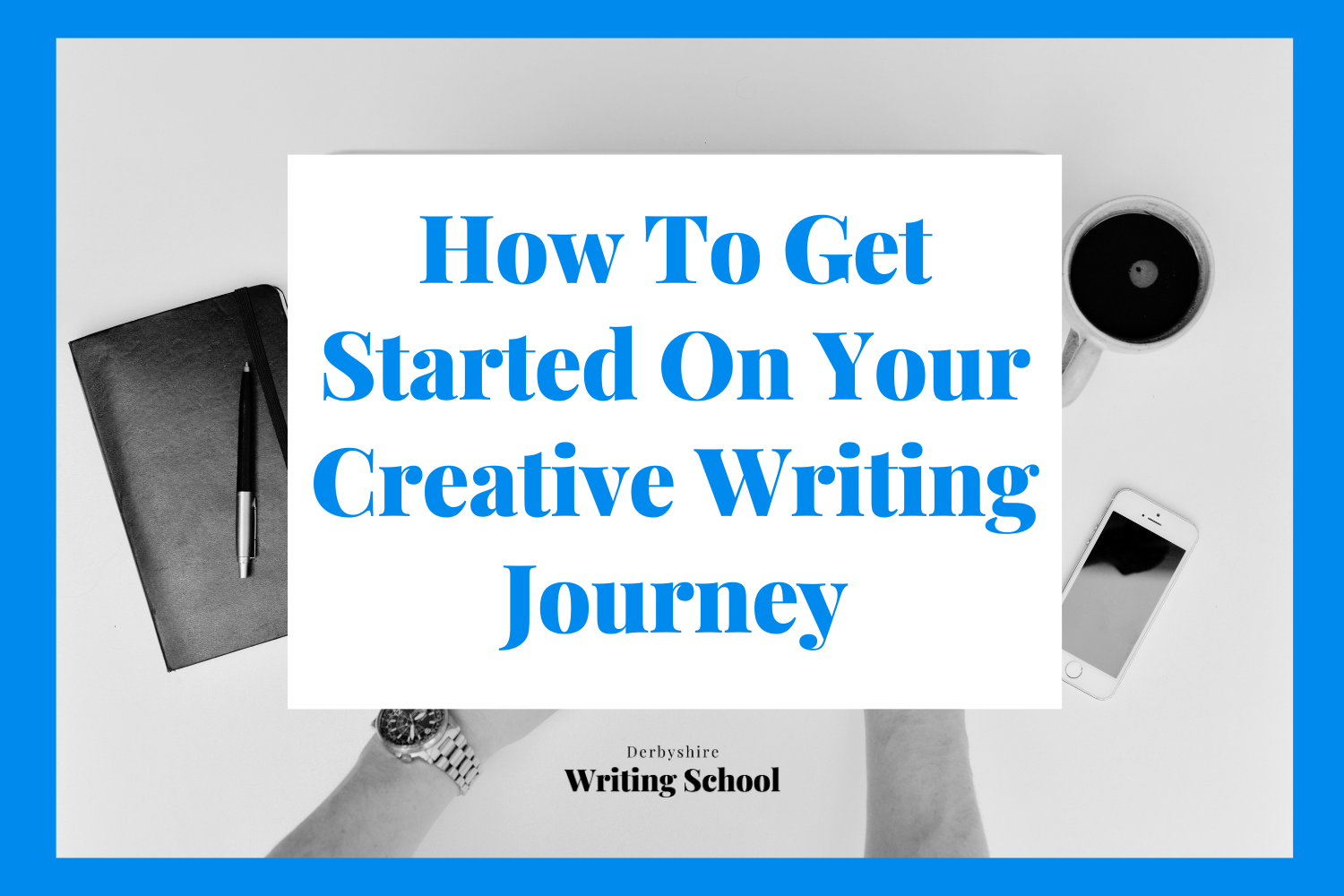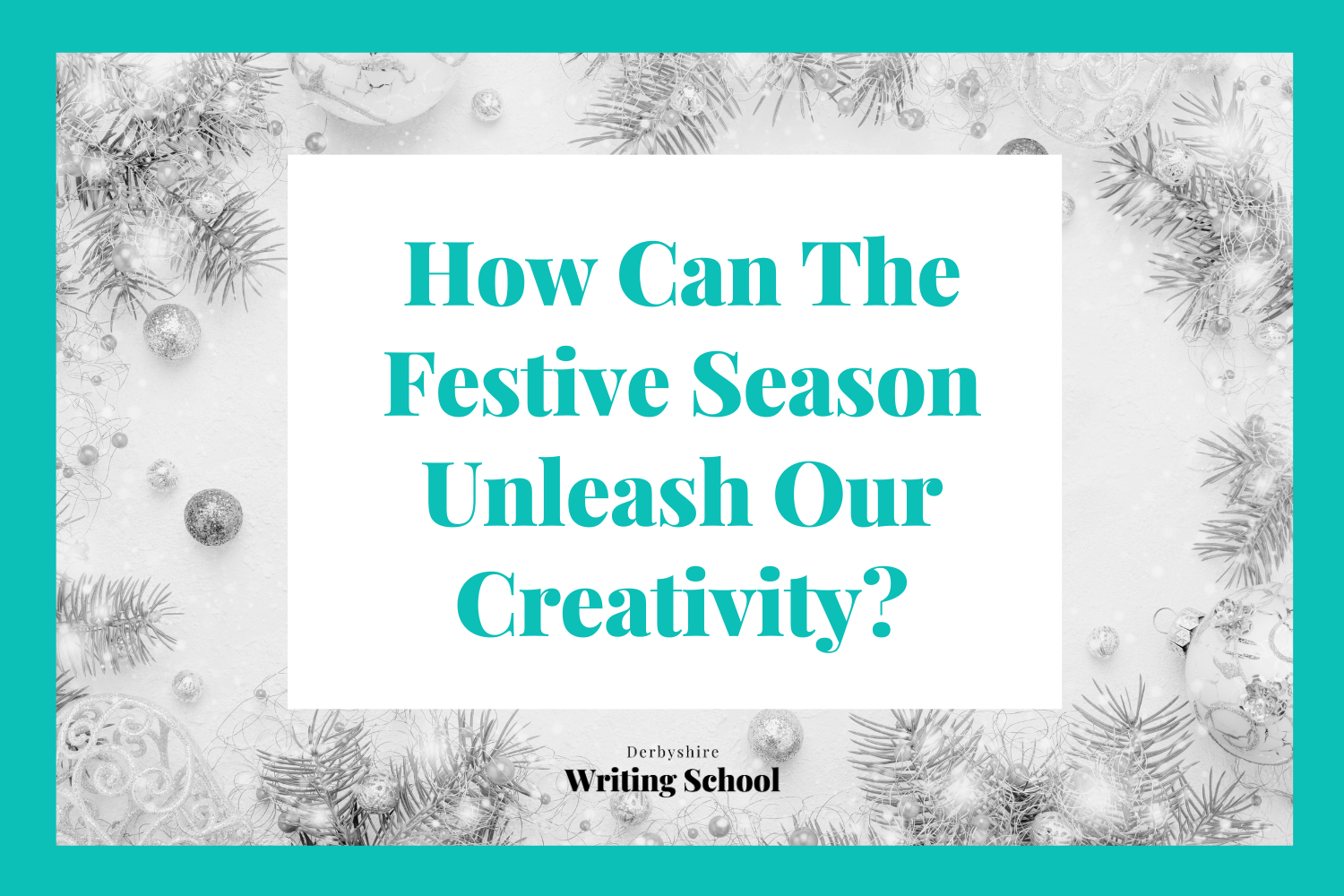How To Create Your First Powerful Poetry Collection
We believe your poetry can change the world. And we can help you bring it to the page.
Have you always wanted to create a collection of poems, but you don’t know where to start? Are longing to receive detailed feedback and critique of your work? Do you ever wonder how to approach publishers and how to submit poetry proposals?
We can help.
Our Creating Your Poetry Collection course is perfect for those looking to take their poetry to the next level, with expert tuition, feedback on your work, and advice from an independent publishing house –this course will help you learn how to curate your own poetry collection.
How to start planning your poetry collection?
We believe writing prompts act as a gateway to uncovering your creativity. Take some time out of your busy week and think about the following questions and free-write or journal your answers. Use these prompts to help you uncover why you might want to write a collection, and what it might look like.
Why do you want to write a poetry collection?
What inspires you when you read the work of other poets?
Who is your favourite poet? Why?
When will you write? Do you have a writing routine? How will you complete your project?
What does your writing setup look like? Do you prefer to write in silence or with music? Think about how you can set up your writing space.
What does success mean to you?
The next steps with your poetry collection?
This is where the work really begins. You’ll need to write, read and research. Start looking for themes in your work, or big ideas you want to cover. Consider if you can turn this into a story arc with your work, and ask what journey do you want to take your reader on?
We cover lots of this content in our Poetry Collection course. Here’s a breakdown of what we’ll cover week by week.
Week One:
We’ll explore all the aspects that are needed to create a poetry collection. Such as the title, themes, arc, and imagery, we’ll tackle this by analysing published poetry collections and learning how to replicate success. We’ll also discuss your ideas for your own work.
Week Two:
During the second week of the course, you’ll develop your editing skills by reviewing and reflecting on the work of other course attendees. Each attendee will bring along two poems from their potential collection. All poems will be circulated amongst the attendees prior to the course beginning.
We’ll also provide you with editing and critique tips to help you give your peers the most useful feedback.
Week Three:
During the last week of our course, we’ll welcome our extra special guest speaker, we’ll host an editor or publisher from a local independent press. We’ve had Verve Poetry join us and Fly On The Wall Press. Discussing how to pitch your work to a publisher and answering any questions you may have.
After this, we will delve into various examples of submission rules and guidelines, what publishers are looking for and how to choose the right publisher before working on your own pitch.
Whether you’re hoping to get your collection traditionally published or if you want to curate your poems just for yourself, this course will help you feel motivated and excited to start writing.
What’s more when you join our course:
When the course starts, you’ll also receive a signed copy of Charlotte Lunn’s debut poetry collection, Metamorphosis (Verve Poetry Press 2021). Postage + packaging included.
We are only offering 6 places for this course. You will work with a small, intimate group of like-minded people. We wanted to create a supportive environment to allow you to feel comfortable and confident.
You’ll have email support throughout the course, should you have questions or need help.
After completing the course, you’ll gain access to a private storyteller’s Facebook group, exclusively for our course alumni. The group is bursting with regular ideas, prompts, tips, and a supportive community full of like-minded people to help you on your writing journey.
Our poetry course is for you if:
You want to learn how to curate your poems into a collection.
You want to gain constructive feedback on your work.
You want incredible insights from a publisher and editor to learn how to best approach them for publication.
You want to support other poets and provide them with useful feedback.
You want to discuss your ideas and develop a plan for your own poetry collection.
Our poetry collection course is delivered by Charlotte Lunn, Derbyshire based poet, workshop facilitator and bookseller. To find out more about Charlotte listen to her interview on the Derbyshire Writing School podcast.
What have our attendees said about our Poetry Collection Course?
We love feedback! It helps us shape our courses, and it helps us make our offering the best it can be. We listen to everything our attendees have to say. It’s also wonderful to hear the positive impact our courses have. Here’s a sample of feedback from our Poetry Collection Course:
“It’s immersive and packed with helpful advice and you’ll meet some amazing people.”
“What I would say about that course – an encouraging course facilitator who provides excellent feedback demystifies the process of bringing a poetry collection together.”
“There is and was so much to love and enjoy about the course. From the start the information and resources [provided] was fantastic followed by Charlotte's excellent course facilitation skills where she enables and encourages a friendly and supportive atmosphere. This made the course special in working alongside great poets. I chose Week 1 as most useful as this laid a great foundation of what a poetry collection is and helped set expectations of the work involved, but I quickly add the structure of whereby we moved on to share and receive feedback was highly beneficial followed by Week 3 where we met a publisher who was very generous with advice and feedback.”
“I was quite nervous before the course; I wasn’t sure if I’d be a good enough writer. But before half an hour of the first session I felt much better. It was really helpful to send through a lot of information beforehand - I worked through everything and that was like having a bonus course for free! Thank you
What could you create?
We’d love to share a very special piece of poetry. We were given permission to share this poem from a previous course attendee – JC Niala, attend our first Poetry Collection course, and it is our pleasure and privilege to share this work with you. You can read more about JC and her work, and buy her poetry collection (!!) on her website.
Battle of Tanga, 3-5 November 1914
It matters where you place a war
but no white man cared to trace African soils
so enclosed in trenches of tropical heat
Askaris fought Wahindi
As outnumbered German troops
were not outgunned.
Sleepless bees descended like vuli rains
Stinging cornered foreign forces
caught between sword and sea.
Who knew that bees could win a battle?
Their lives a routine sacrifice
for honey we find so sweet.
JC Niala
We’d like to thank JC for permission to share this piece. And if it’s inspired you to get started, come and join our next Poetry Collection course.
Our Creating Your Poetry Collection course is perfect for those looking to take their poetry to the next level, with expert tuition, feedback on your work, and advice from an independent publishing house – this online course will help you learn how to curate your own poetry collection.













